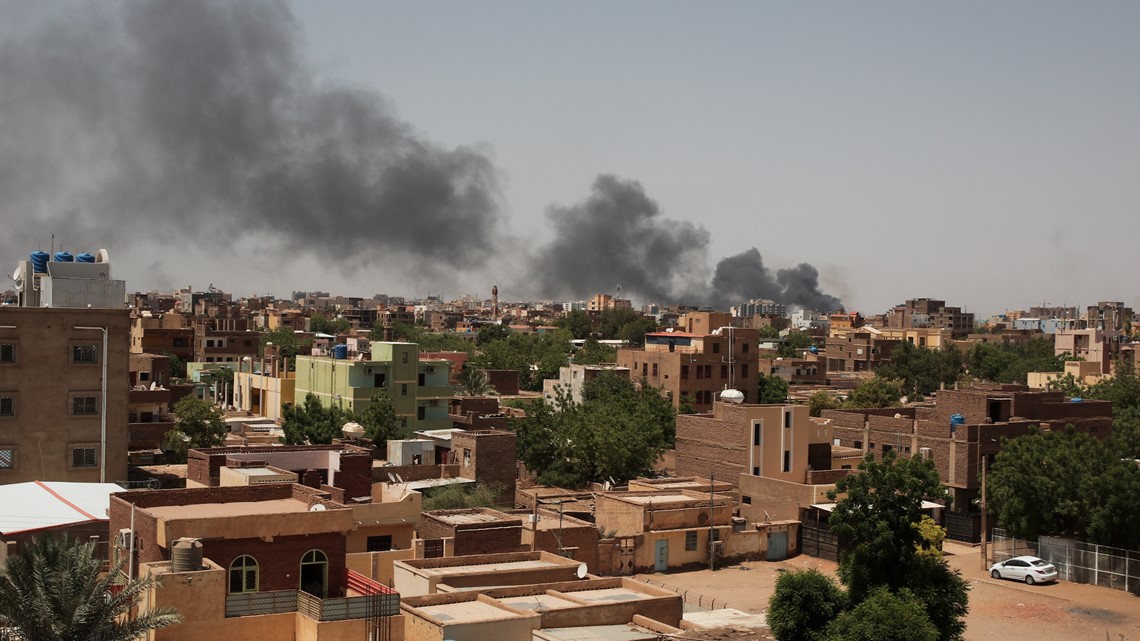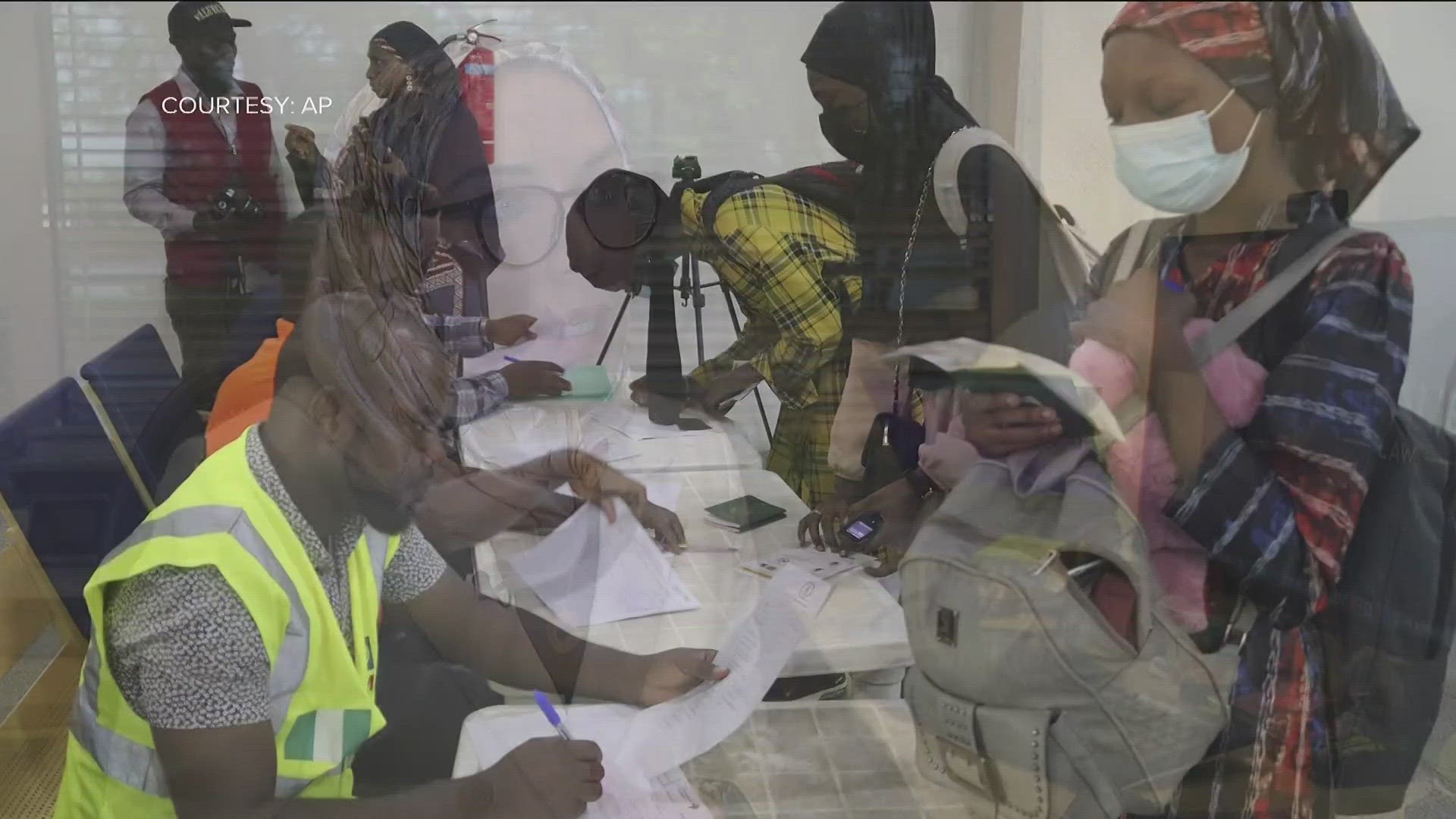ATLANTA — Before the sudden outbreak of war in Sudan in April threw the east African nation into chaos, Dr. Reem Ahmed's siblings had been "building their futures," she said.
One sister is a lawyer, another a dentist and both her brothers are engineers - accomplished professionals living in the Sudanese capital, Khartoum.
Then, when fighting broke out April 15, in what's largely been reported as a tug-of-war between two generals and their supporting factions over control of the capital - and, by extension, the country - the stability Ahmed's siblings had strived for vanished in an instant.
"All of a sudden they woke up with a bomb destroying all of the neighborhood, nonstop fighting, killing, dead bodies in the street," Ahmed said. "Their life in just a few seconds, gone."
"Unfortunately at this point they've lost everything," she added.
Sudan has endured periodic violence stretching back decades, including a civil war that lasted from 1983-2005 and devastated the Darfur region.
The most recent outbreak of conflict has seen the country's military, led by Gen. Abdel Fattah Al Burhan, battling with a militia group known as the Rapid Support Forces, led by Lt. Gen. Mohamed Hamdan.
According to The New York Times, the violence in the past couple months has left 865 dead and more than 5,000 injured.
That has forced families like Ahmed's to flee for refuge. In her family's case, two of her siblings were stuck in a home in Khartoum after a bomb went off in their neighborhood with nine days without food or power, and caring for an 11-month-old baby.


Some have made it to safety (and an uncertain future) in countries such as Egypt or Saudi Arabia. Others, like Ahmed's siblings, have made it out of the worst violence in Khartoum only to get stuck at the border.
She said it's hard for people here to understand the gravity of the situation with Sudan so far away, but that "my heart is there... my roots are there" and she's praying for her family.
"They're human beings, they're suffering, and many of them they used to live decent lives, good lives, and within seconds now they just became homeless," she said.
Meanwhile, there unfortunately are few outlets available through the U.S. immigration system and refugee policies for people to try to help their loved ones.
The U.S. closed its embassy and consulates in Sudan after the outbreak of violence, and so there is no real processing of visa applications for Sudanese nationals, explained immigration attorney Hida Ghalib.
"I have a friend whose parents reside in the U.S. as citizens, she's a citizen, her whole (immediate) family is here but the rest of her family, siblings, are stuck in a dangerous, scary situation," she said. "And I wasn't able to give her hope, in the sense I wasn't able to offer her many good options."
The lone realistic route currently available is what's known as humanitarian parole.
According to U.S. Citizenship and Immigration Services, it's available to people "who may be inadmissible or otherwise ineligible for admission into the United States to be in the United States for a temporary period for urgent humanitarian reasons or significant public benefit."
That can include potential refugees, but Ghalib said it's a discretionary process - meaning once someone has applied, it's really just up to the immigration office whether to see their case as worthy or not.
"They're stuck, unless they can figure out another way themselves, but we can't really do much from here," Ghalib said.
In the meantime, Ahmed said she's "kindly requesting from the community here, if there's any way to help, please reach out."
And she wants her siblings stuck in Sudan to "know they're in our prayers."

